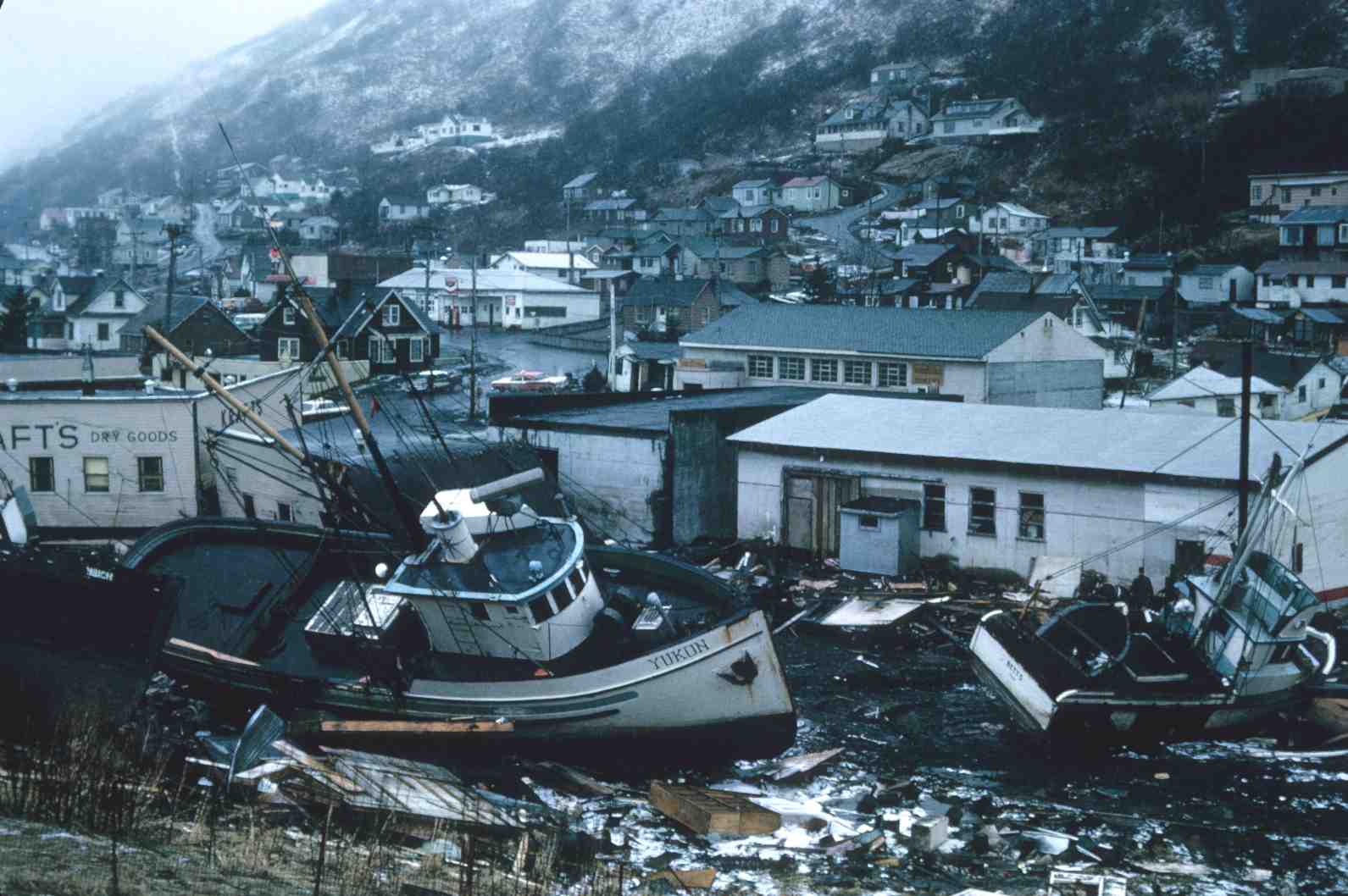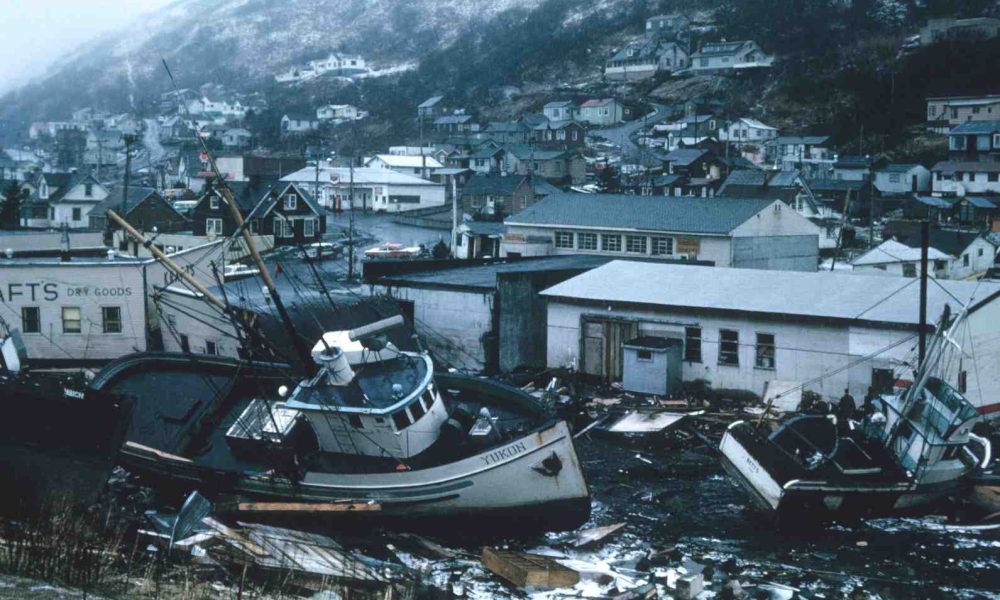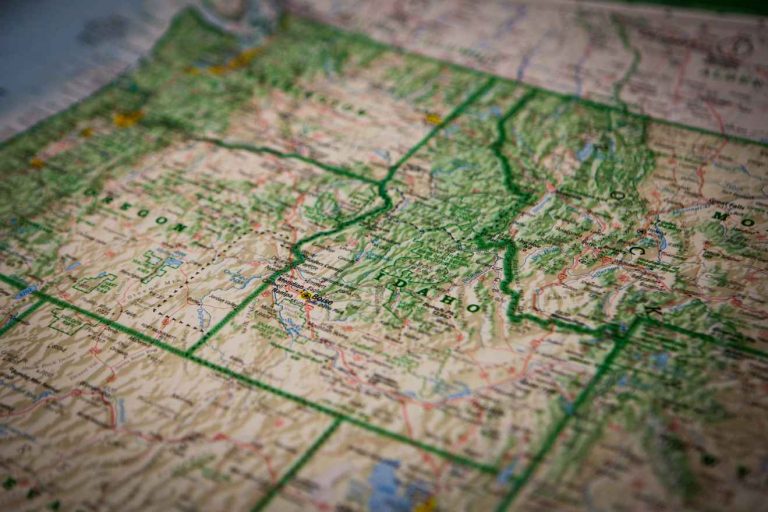If you’re looking for a water damage repair contractor, it’s likely that you’ve recently experienced water damage in your home or business.
Water damage can occur for various reasons, from natural disasters such as floods and storms to plumbing or appliance leaks. No matter the cause, water damage requires immediate attention.

In this post, we’ll discuss what you should know about water damage, including the causes, effects, and how to prevent and repair it.
Causes of Water Damage
There are many different causes of water damage. Some of the most common include:
- Flooding – Floods can occur due to heavy rain, overflowing rivers or lakes, or storm surges from hurricanes or tropical storms.
- Plumbing Issues – Leaks or bursts in pipes, as well as malfunctioning appliances such as washing machines or water heaters, can cause water damage.
- Sewage Backup – If your sewer line becomes clogged or damaged, it can cause sewage to back up into your home or business, causing significant water damage.
- Natural Disasters – Tornadoes, hurricanes, and other natural disasters can cause extensive water damage to homes and businesses.
Also Read: How To Choose A Power Manager For Your Home Theater?
Effects of Water Damage
Water damage can have various effects on your property, ranging from mild to severe. Some of the most common effects of water damage include:
- Structural Damage – Water can weaken the structural integrity of your home or business, damaging your walls, floors, and ceilings.
- Mold and Mildew Growth – Moisture from water damage can create a breeding ground for mold and mildew, which can cause health problems for you and your family.
- Electrical Issues – Water can damage electrical systems, causing short circuits or even fires.
- Health Risks – Water damage can create unsanitary conditions that put your household at risk of contracting bacterial or viral infections.
Preventing Water Damage
There are several steps you can take to prevent water damage in your home or business. Some of the most effective prevention methods include:
- Regular Maintenance – Regularly inspecting and maintaining your plumbing and appliances can help prevent leaks and other issues that can lead to water damage.
- Proper Landscaping – Proper landscaping can help prevent flooding by directing water away from your property.
- Proper Ventilation – Proper ventilation in bathrooms, kitchens, and laundry rooms can help prevent moisture buildup and reduce the risk of mold and mildew growth.
- Install a Sump Pump – Installing a sump pump can help prevent basement flooding and reduce the risk of water damage.
Repairing Water Damage
If you’ve already experienced water damage, it’s important to act quickly to repair the damage and prevent further issues. Depending on the severity of the damage, you may need to hire a professional water damage repair contractor. Some of the steps involved in repairing water damage include:
- Assessing the Damage – Before you can begin repairs, you’ll need to assess the extent of the damage and identify any potential hazards.
- Removing Water and Drying the Area – The first step in repairing water damage is to remove any standing water and dry out the affected area.
- Cleaning and Disinfecting – Once the area is dry, you’ll need to clean and disinfect the area to prevent the growth of mold and other harmful bacteria.
- Restoring the Area – Finally, you’ll need to restore the area to its original condition, which may involve replacing damaged flooring, walls, or other structures.
Also Read: How Long Should a Portable Charger Last?
Choosing a Water Damage Repair Contractor
If you’re in need of professional water damage repair services, it’s important to choose a reputable contractor you can trust. Here are some tips for choosing a water damage repair contractor:
- Look for Certifications
Choose a contractor who is certified by a reputable organization such as the Institute of Inspection, Cleaning, and Restoration Certification (IICRC). This will ensure that the contractor has the necessary training and expertise to handle your water damage repair needs.
- Check for Insurance
Make sure that the contractor you choose has liability insurance and workers’ compensation insurance. This will protect you in the event that the contractor causes any damage to your property or is injured while working on your project.
- Read Reviews and Ask for References
Before choosing a contractor, read reviews from past customers and ask for references. This will give you an idea of the contractor’s quality of work and level of customer service.
- Get a Written Estimate
Make sure to get a written estimate from the contractor that outlines the scope of the project and the estimated cost. This will help you avoid any surprises when it comes to the final bill.
- Ask about Warranty
A reputable contractor should offer a warranty on their work. Make sure to ask about the warranty and what it covers.
If you do experience water damage, it’s essential to act quickly to minimize the damage and prevent further issues. A reputable water damage repair contractor can help ensure that your property is properly repaired and restored to its pre-damage condition.











+ There are no comments
Add yours